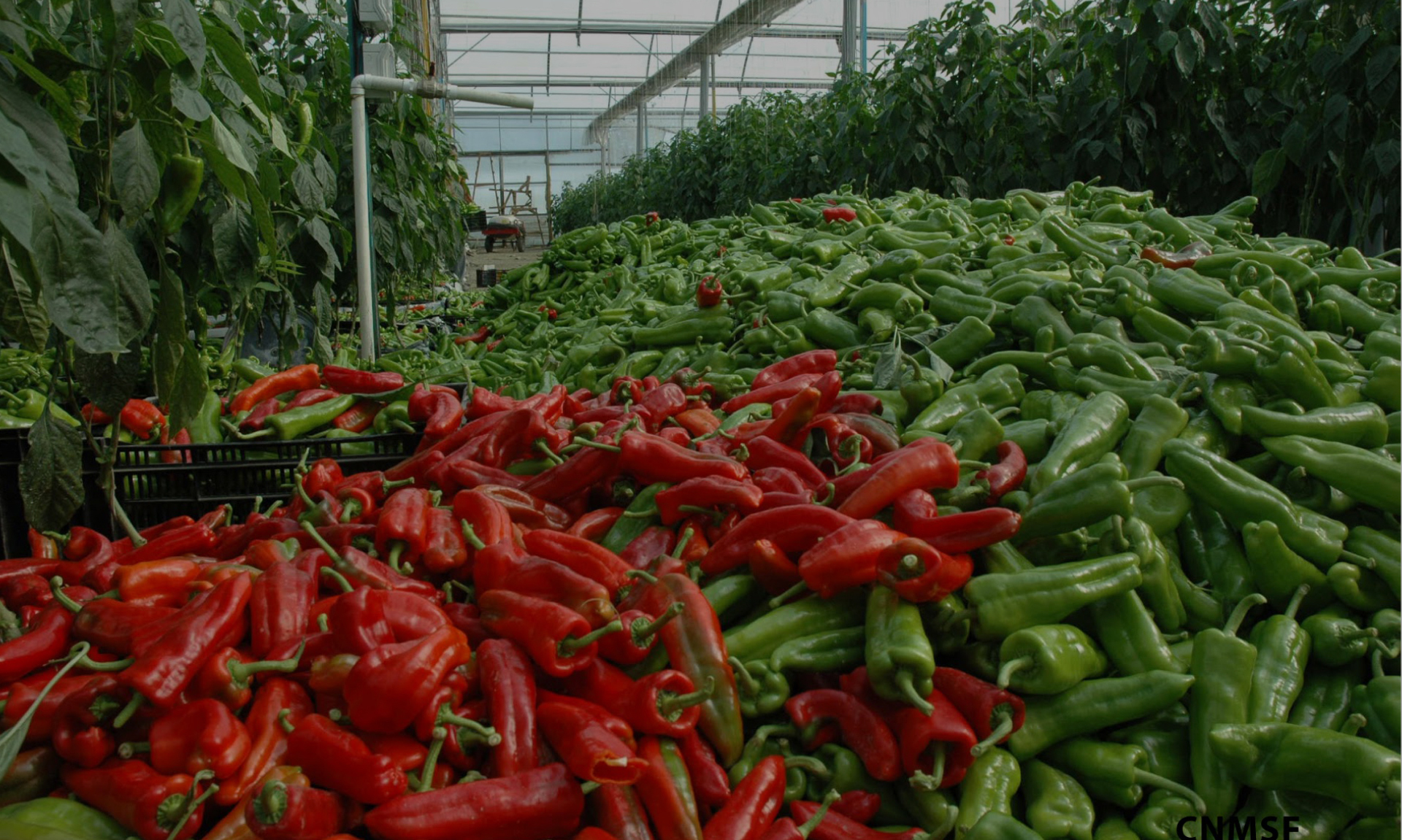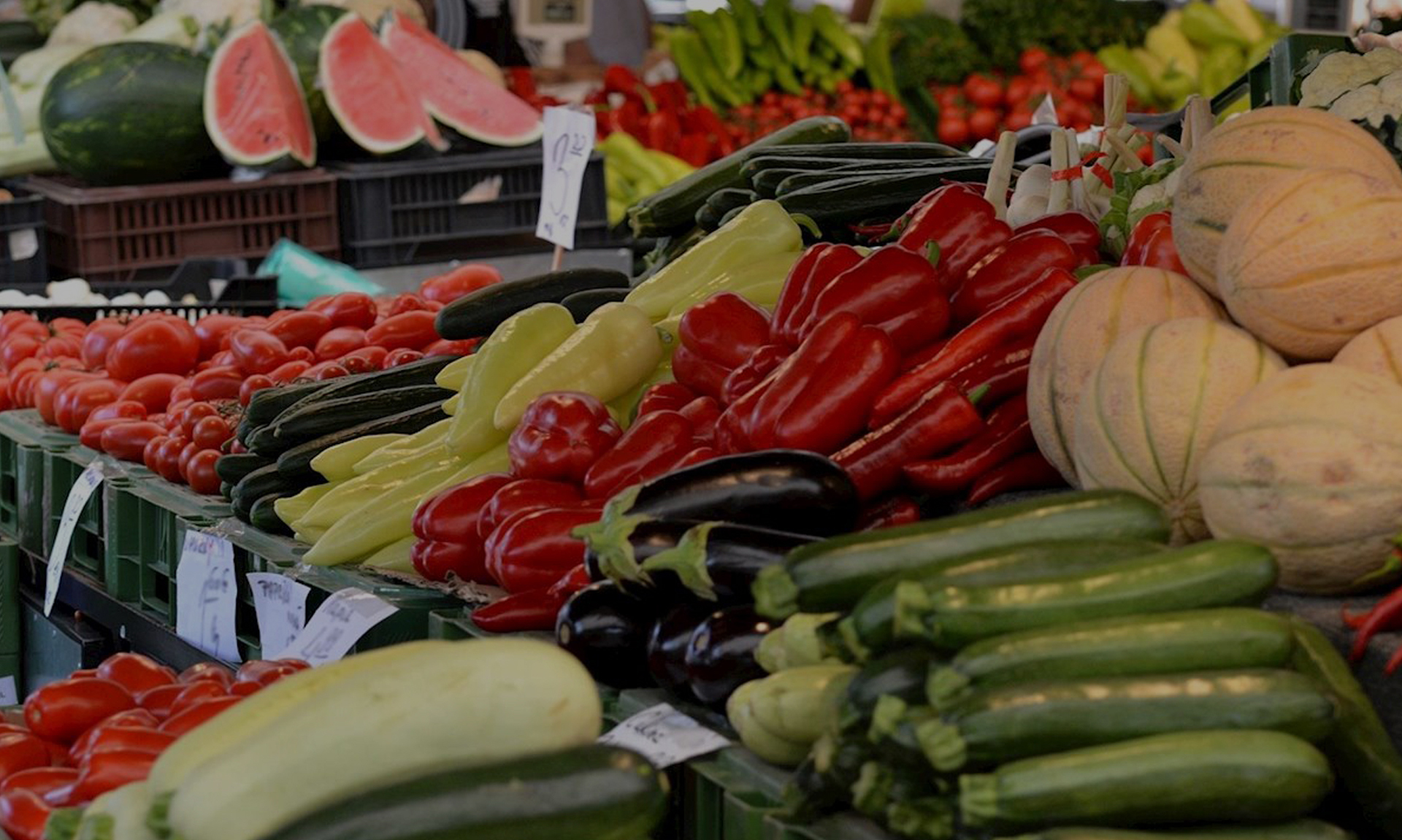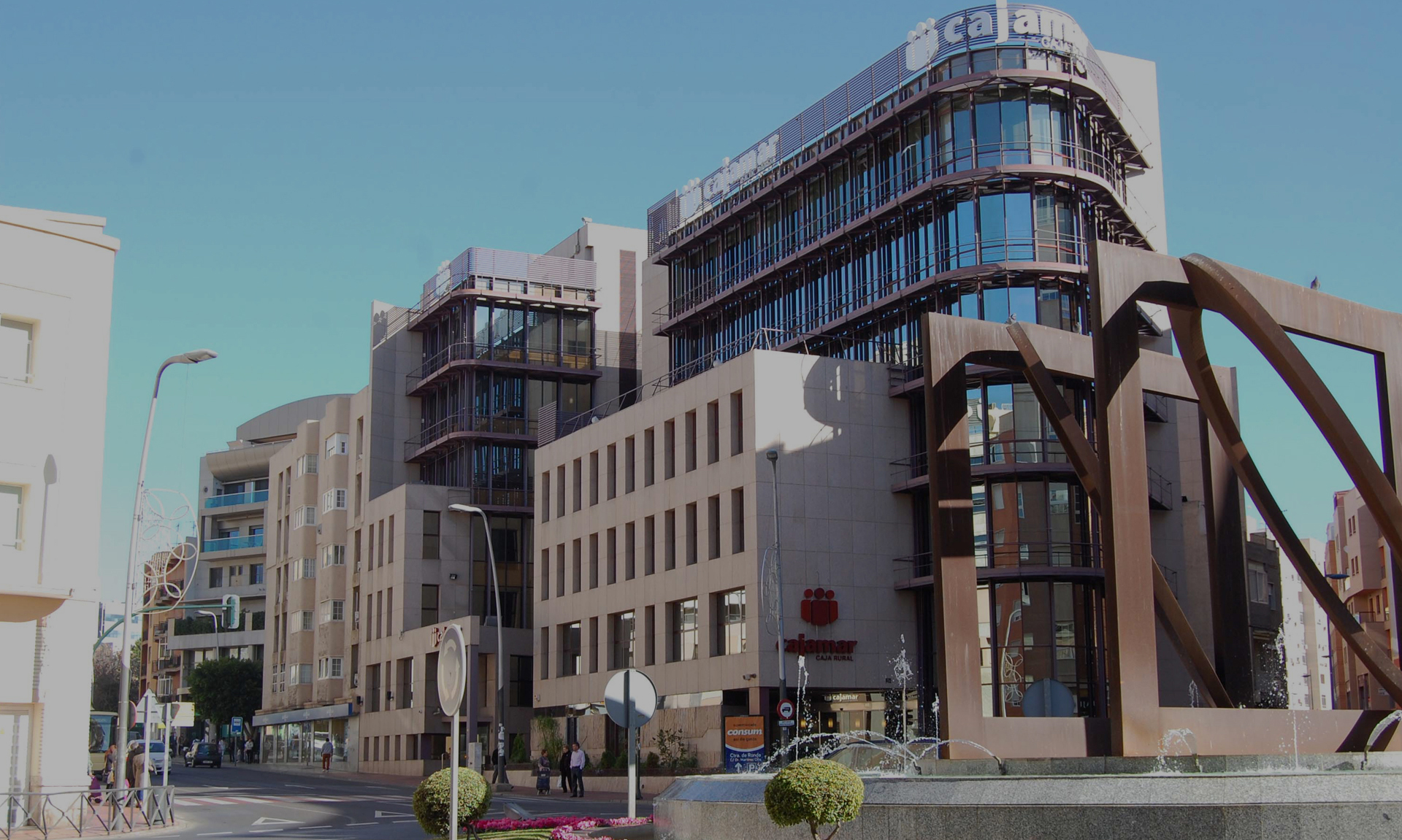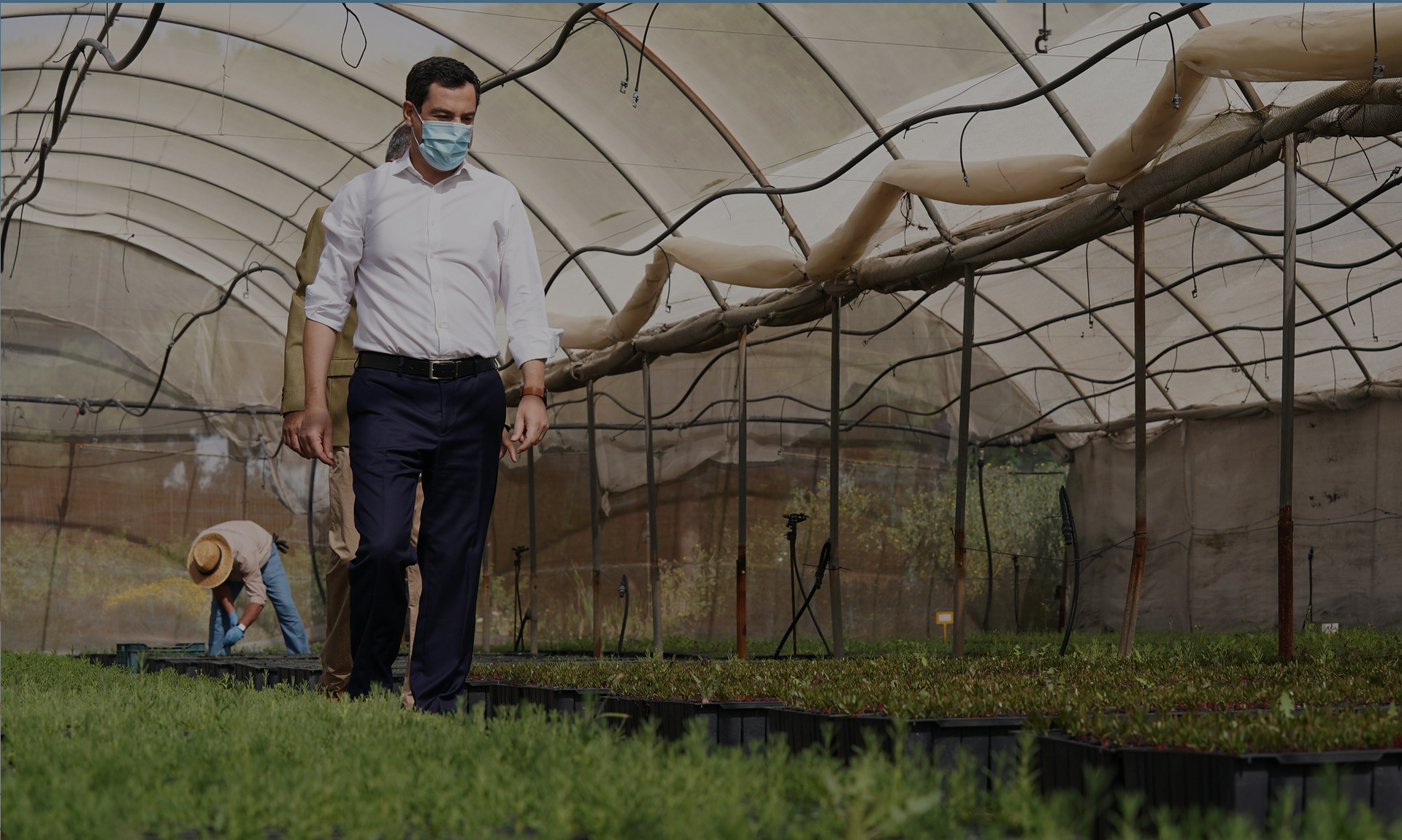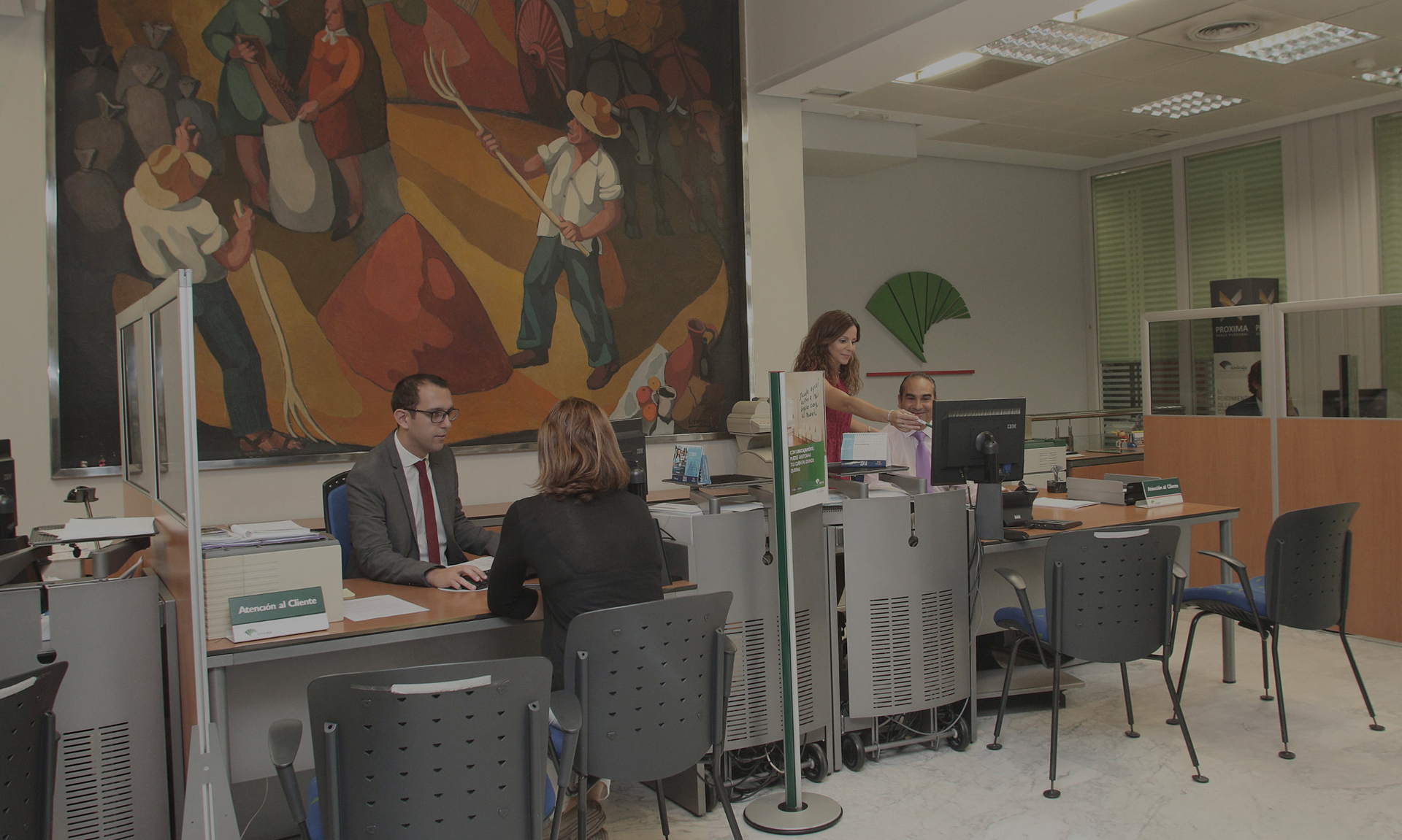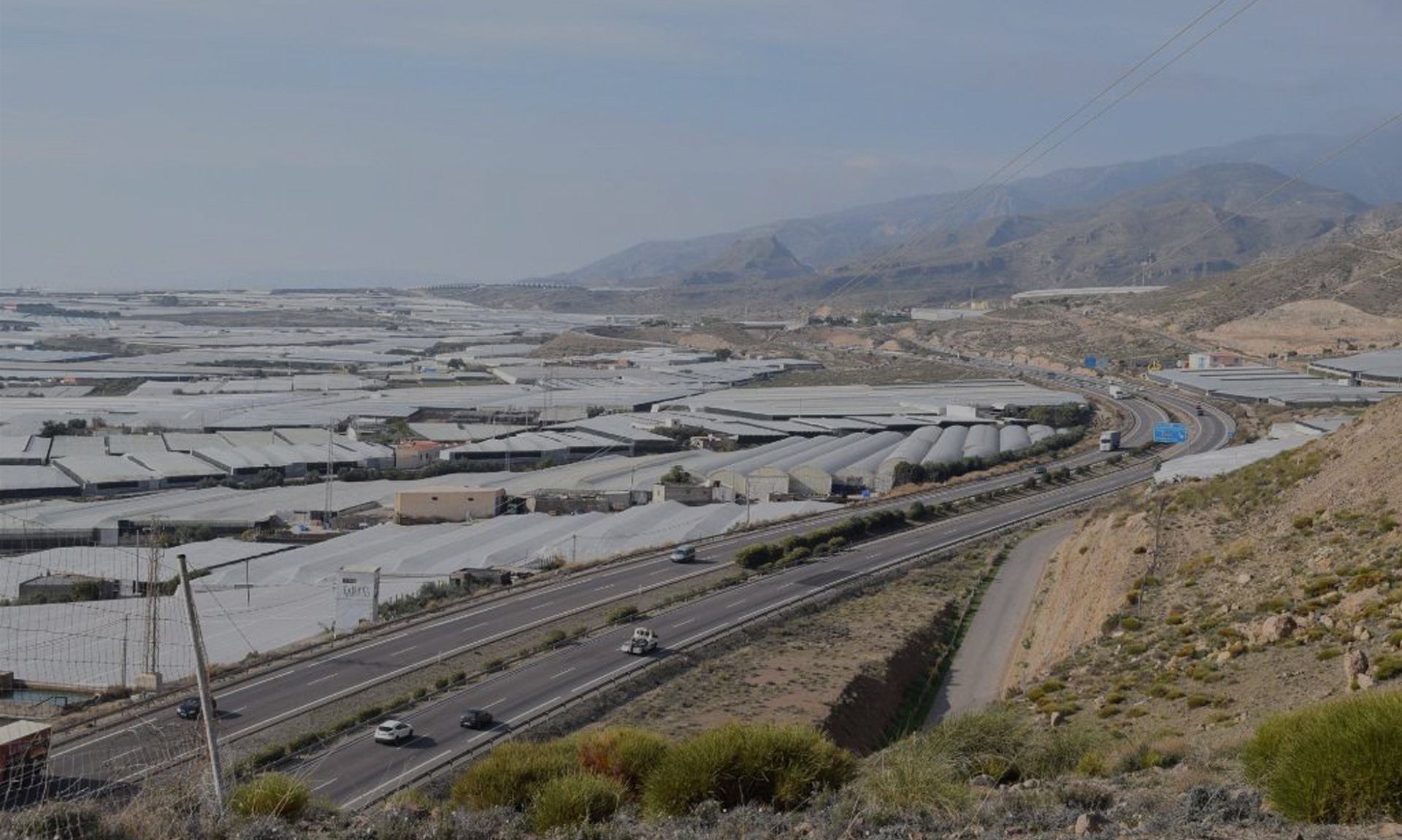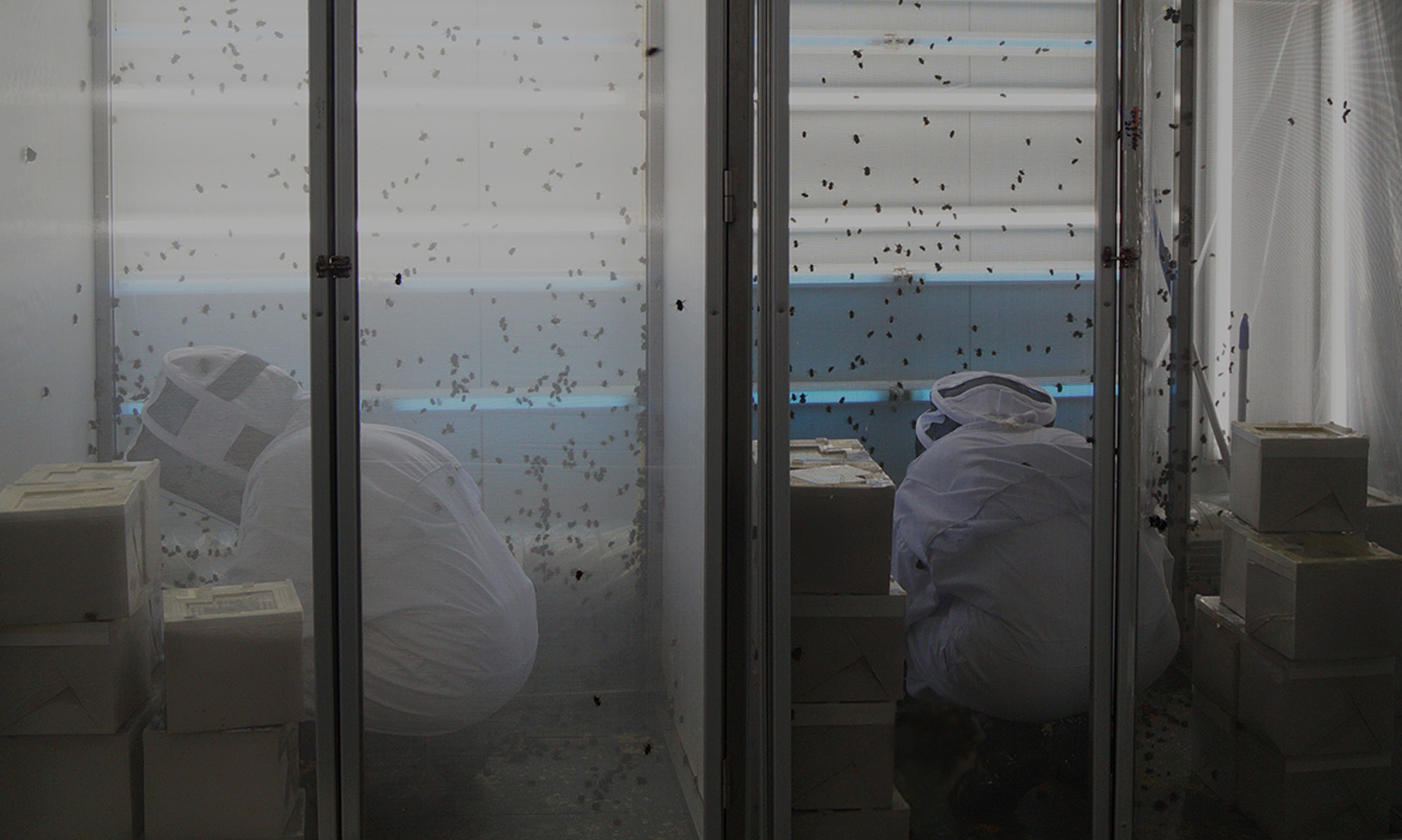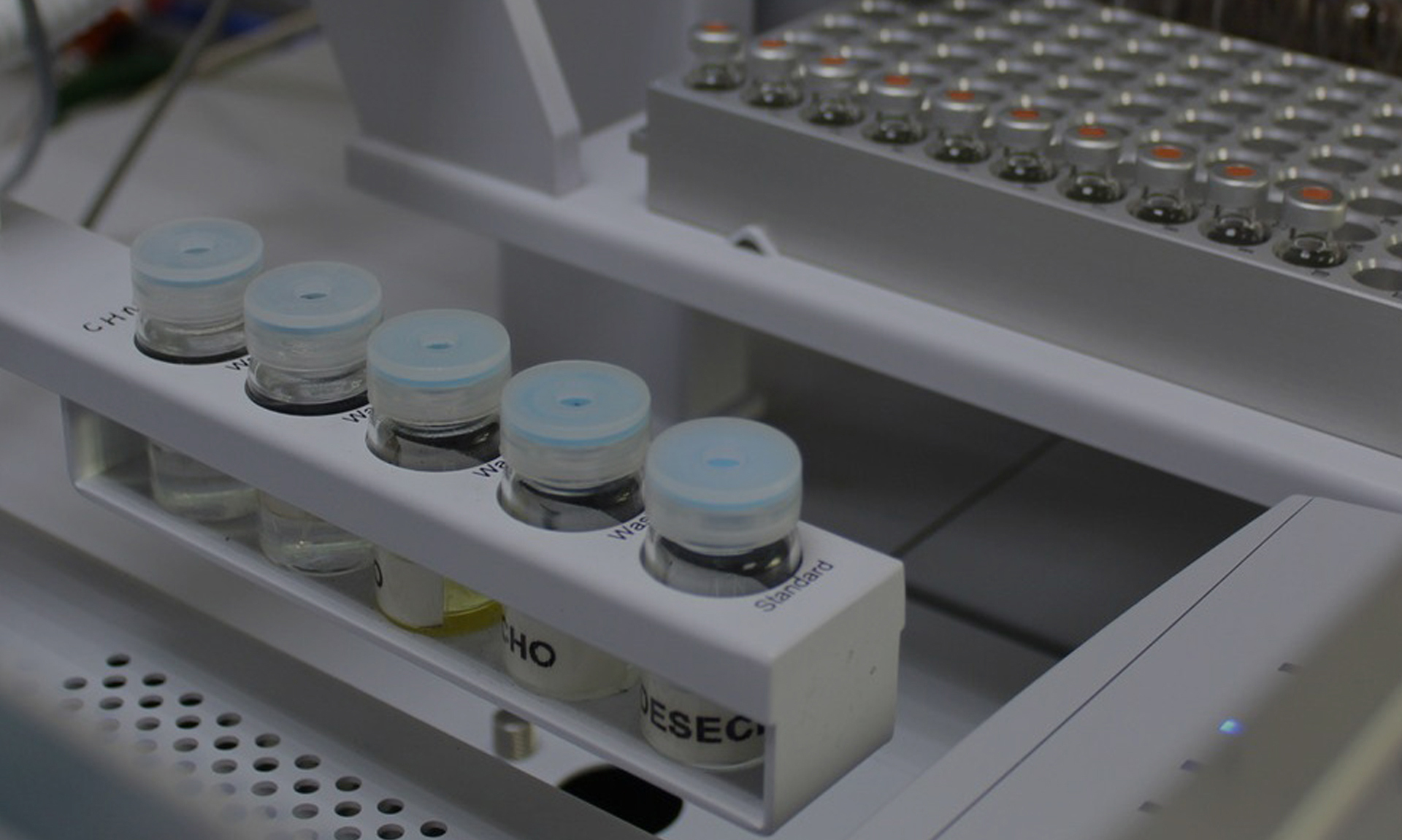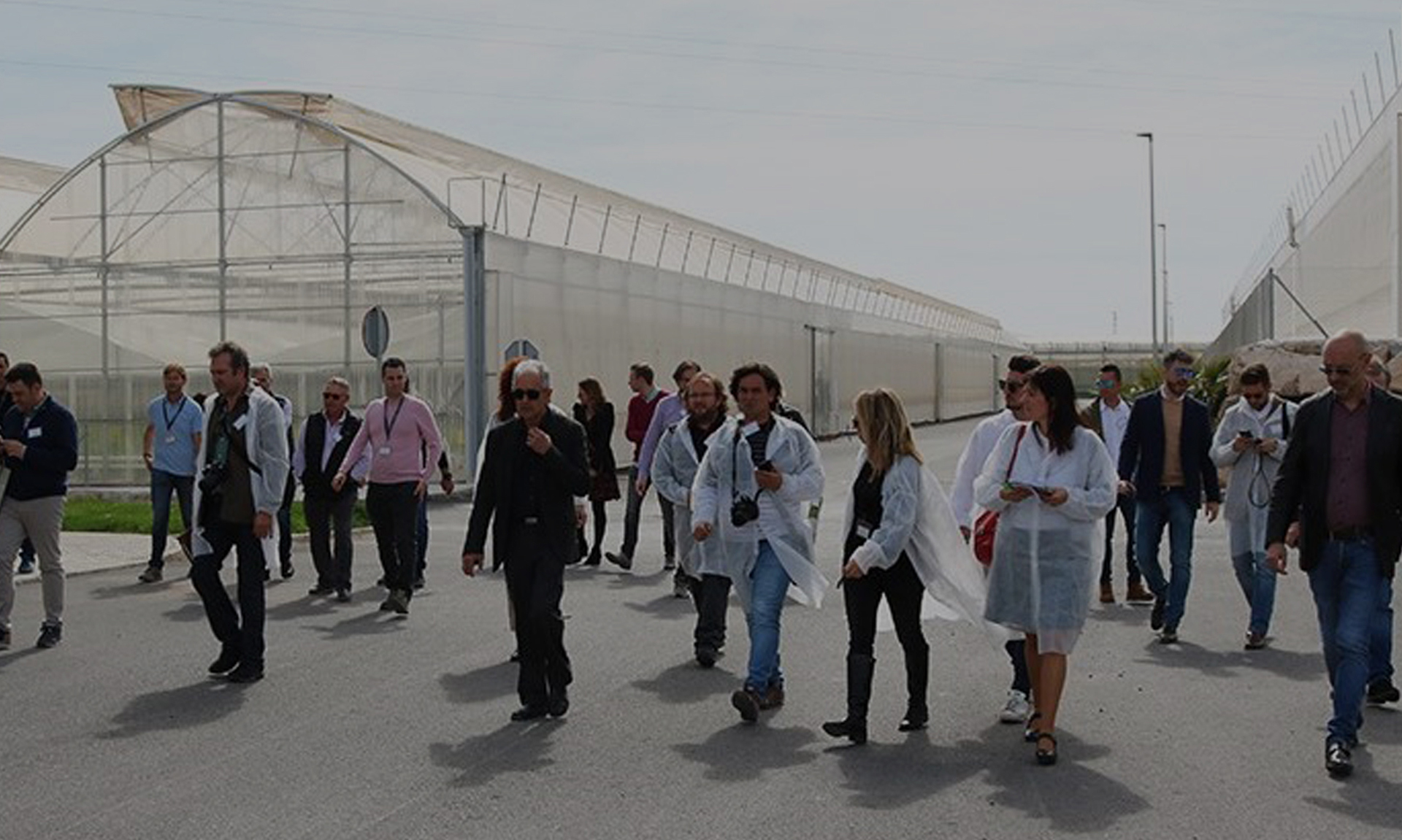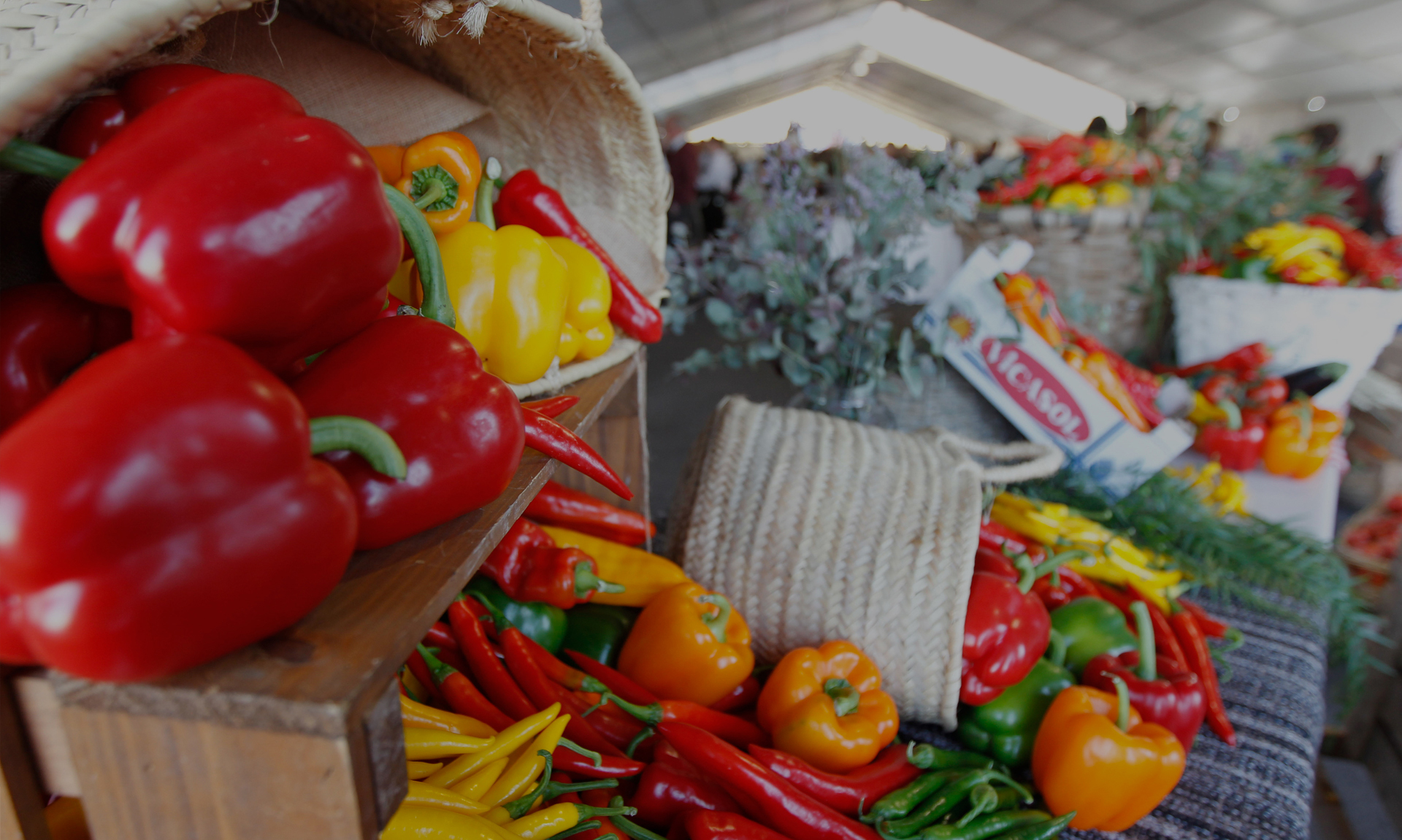The new normal
Fruits and vegetables after COVID-19
David Uclés / economist and head of the Agricultural Studies department at Cajamar
Despite the great importance that the fruit and vegetable sector holds for Spain’s economy (similar to that of tourism and the automotive industry), there is a tendency to subestimate it. It might be because it is a primary sector whose activities are mainly carried out in rural areas, or maybe because we have connected the idea of modernity with the progressive abandonment of these activities. What it is true is that not many people want to work on it - many parents will prefer their children to work in the field of tourism, even when they themselves might be farmers.
Almost every economy student must recall the diamond paradox that we all learnt: while we all agree that the price of diamonds is higher than a glass of water and therefore will choose the first over the second, if we found ourselves thirsty and stranded in the dessert our choice would be very different. We would all choose the water, for one can live without diamond but not without water. This is way to show students that price is not the same as value - the first is set by the markets, the second is an intrinsic characteristic.
We are seeing today many jobs with traditionally low pay and apparently of low value that have proven themselves crucial for our societies"
In the same way, we are seeing today many jobs with traditionally low pay and apparently of low value that have proven themselves crucial for our societies. The clerks working at supermarkets and food markets, those distributing the supplies from the field to manipulation lines and shelves, or those taking care of their crops or going to fish on their boat every day. They are all making much less money than the CEO of Google, but we need them as we do not need a tech CEO. We can not survive without the first jobs, but we can without the other.
The fruit and vegetable sector in Spain, having already proven its strength and resilience during the last economic crisis and its capacity to act as a safety cushion and a stronghold for international competitivity, is once again called to show its commitment to the new crisis. Many men and women in this country come daily to their farms, manipulation centres and transformation facilities; they get on their trucks to distribute the produce to the selling points, and also aid us at the store when we are looking to fill the larder before continuing with our quarantine. Suddenly, they have all shown us that they are absolutely essential.
So what can we expect after this situation passes? The economic landscape after the quarantine is going to be bleak. Unemployment rates are again skyrocketing many companies feel the risk of bankruptcy as close as ever. Some of them that closed during the quarantine will not open again; others will have to brooke financial disaster at the mercy of subventions and pure imagination. The fruit and vegetable sector, however, will remain much the same (and I say “much” because the fall in demand that is expected to come will affect agriculture as well). Most companies are still on their feet, its human capital will have shown again their skills at crisis management and the rest of the society will have better things to think about.
As I said, the day after the quarantine we will see that the sector has not changed much. However, the advancements towards digitalization will get a lot of traction, since the quarantine is serving as a MA in digital technologies for most people. There will likely have to be a readjusting of the profit margins throughout the supply chain, since consumers will have less economic resources at their disposal.
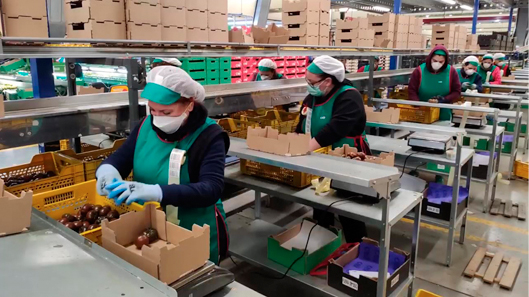
Almeria's packaging facilities essential to provide fruits and vegetables for the population.
Maybe the sector manages to show such a technified and digital society that value and price is not the same, and that having such a production wealth as Spain has is a great value by itself aside from any GDP numbers (which are also positive). And it may be that this newly acquired knowledge can ease the transition to a society more committed to and understanding of the farming sector and its needs. Despite all that, in the worst case scenario what the fruit and vegetable sector in Spain will show nonetheless is its ability to resist as no other field, aside perhaps of healthcare.


